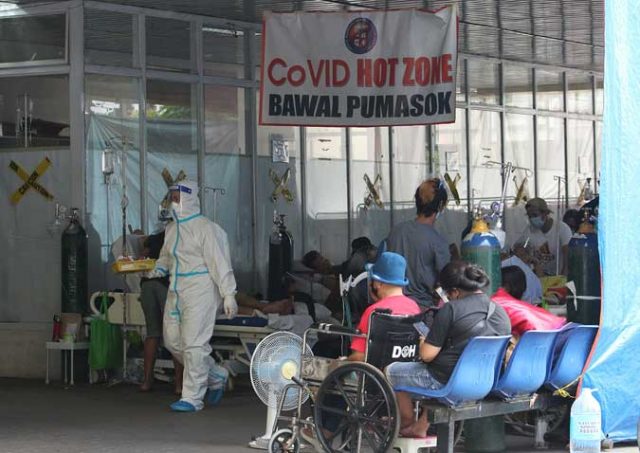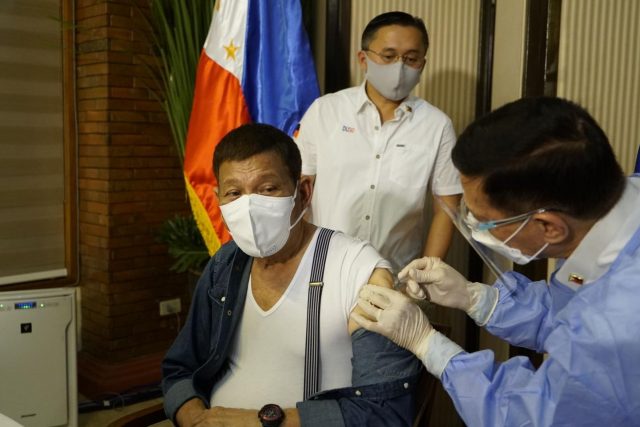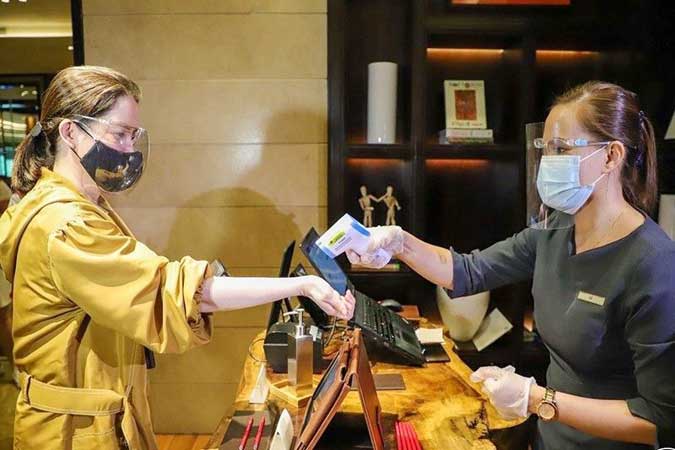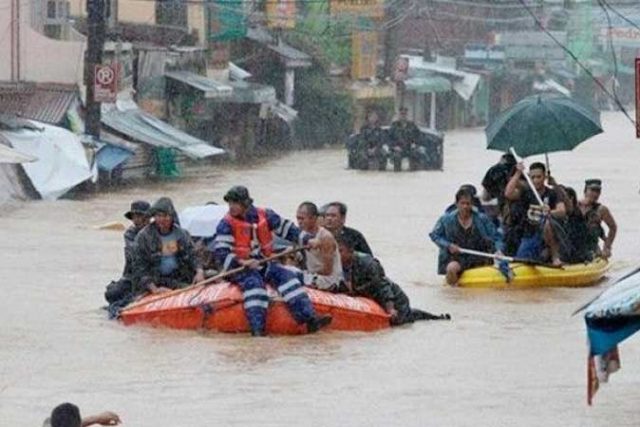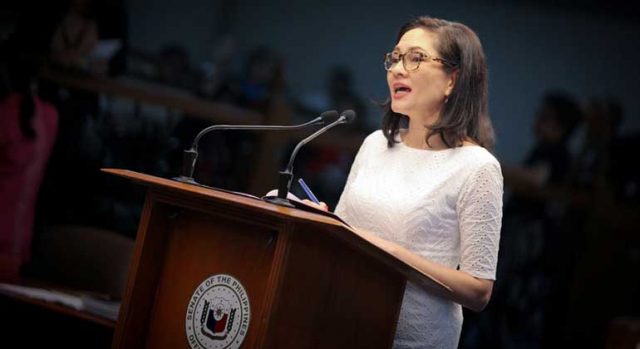This year has been one of the most challenging filing seasons ever, particularly for accountants. On top of implementing recovery measures to mitigate the impact of the COVID-19 pandemic and addressing employee health concerns, companies also have to deal with demanding tax deadlines. This year, no extension was granted for the filing of Annual lncome Tax Returns (AITR). Also, a new required attachment to the AITR has been introduced. While the BIR allowed taxpayers to file provisional AITRs and amend these on or before May 15 without interest, surcharges, and penalties, beating the April 15 deadline was still a challenge.
Last year, the BIR issued Revenue Regulations (RR) No. 19-2020, as amended by RR No. 34-2020, which requires the submission of BIR Form No. 1709 (Related Party Transactions Form or RPT Form) and the preparation of Transfer Pricing Documentation (TPD) for qualified taxpayers. A lot of taxpayers, however, remain baffled by the rules and information needed to be disclosed in the RPT Form and TPD despite the number of revenue issuances that the Bureau has released.
To enlighten taxpayers, here are the consolidated guidelines and additional clarifications by the BIR on the filing of the RPT form and preparation of TPD as provided under Revenue Memorandum Circular (RMC) No. 54-2021.
TAXPAYERS REQUIRED TO FILE RPT FORM
All three conditions below should be present before a taxpayer is required to file an RPT Form:
(1) the taxpayer is required to file an AITR;
(2) it has transactions with a domestic or foreign related party during the concerned taxable period; and
(3) it falls under any of the following categories as set forth in Section 2 of RR No. 34-2020:
(a) large taxpayers;
(b) taxpayers enjoying tax incentives;
(c) taxpayers reporting net operating losses for the current taxable year and the immediately preceding two (2) consecutive taxable years; or
(d) a related party that has transactions with (a), (b) or (c).
Taxpayers enjoying tax incentives include Board of Investments (Bol)-registered enterprises, economic zone enterprises, and entities enjoying Income Tax Holidays (ITH) or entities subject to preferential income tax rates. Entities subject to preferential income tax rates include proprietary educational institutions and hospitals, and regional operating headquarters, among others.
To satisfy the “net operating losses” condition, on the other hand, taxpayers must take note that net operating losses should be based on the annual income tax instead of the amount per audited financial statements (AFS).
MANNER OF FILING
As to the manner of filing, the taxpayer has the option to file the RPT Form manually in the RDO where the taxpayer is registered, or to file it electronically through the Electronic Audited Financial Statements (eAFS) System pursuant to RMCs Nos. 43 and 44-2021.
For taxpayers with tax years ending on Dec. 31, 2020 who filed a provisional AITR electronically on or before April 15, 2021, but have not yet submitted other required attachments including the RPT Form, the BIR clarified in an advisory that the submission of the attachment to the amended AITR is on or before May 30.
It should also be noted the TPD and other supporting documents no longer need to be attached to the RPT Form but must be made available during audit.
TAXPAYERS NOT REQUIRED TO FILE RPT FORM
The enumeration under Section 2 or RR No. 34-2020 is exclusive such that all taxpayers not included are not required to file the RPT Form. Taxpayers not required to file a RPT Form shall include, but shall not be limited to, the following:
(1) those who did not meet the conditions set forth in the previous section of this article, as provided in Section 2 of RR No. 34-2020;
(2) those subject to regular corporate income tax as a whole but have transactions subject to preferential tax rate under tax treaties or the Tax Code, as amended;
(3) taxpayers operating within the economic zone but subject to regular corporate income tax;
(4) international carriers if they are either subject to tax based on their Gross Philippine Billings or gross revenue;
(5) international carriers exempt from tax under a tax treaty or on the basis of reciprocity;
(6) taxpayers exempt from income tax under Section 30 or similar provisions of the Tax Code or special laws;
(7) regional or area headquarters and representative offices of foreign corporations that are not allowed by law to derive income from the Philippines;
(8) post-employment benefit plans if related party transactions consist only of contributions from sponsor employers; and
(9) those required to file a short period return as originally required by law or existing revenue issuances due for filing in 2020, even if the deadline for filing was extended to 2021.
For items (2) and (3), such taxpayers are not required to file the RPT Form if they do not fall under Section 2(a), (c) and (d) of RR No. 34-2020.
Additional disclosures in the Notes to the Financial Statements are required and must state that they are not covered by the requirements and procedures for related party transactions provided under RR No. 34-2020. This requirement only applies, however, to the AFS that are required to be submitted after the effectivity of the said RR. Those with AFS finalized prior to the effectivity of the RR are not expected to comply with the additional disclosure requirement.
PREPARATION OF A TPD
Sections 2 and 3 of RR No. 34-2020 are interrelated, such that if the taxpayer is not required to file the RPT Form, then it is not also required to prepare a TPD. However, if the taxpayer has met any of conditions in Section 2, any of the following materiality thresholds must also be met for it to be mandated to prepare a TPD:
(1) annual gross sales/revenue for the subject taxable period exceeding P150,000,000, irrespective of the source and identity of the other party to the transaction (i.e., related or otherwise), and the total amount of related party transactions with foreign and domestic related parties exceeds P90,000,000;
(2) sale of tangible goods involving the same related party exceeding P60,000,000 within the taxable year; or
(3) service transactions, payment of interest, utilization of intangible goods or other related party transactions involving the same related party exceeding P15,000,000 within the taxable year.
Even if the taxpayer is not required to prepare a TPD, it is still advisable to prepare such TPD since there is still a need to reasonably assess and prove whether its dealings with related parties adhere to the arm’s length principle, in case of BIR audits.
RPTs TO BE DISCLOSED IN THE RPT FORM
The list of RPTs in RR No. 19-2020 is not exclusive as clarified in RMC No. 76-2020. The RPT shall include within the term all transactions between related parties that result in the transfer of resources, services or obligations, irrespective of their arrangement (with cost-recovery/cost-sharing/recharging) and amount, and regardless of whether a price is charged.
RPTs NOT REQUIRED TO BE DISCLOSED IN THE RPT FORM
The list of RPTs below need not be disclosed in the RPT Form:
(1) Compensation paid to key management personnel;
(2) Dividends, including share in net income from associate or joint ventures;
(3) Branch profit remittances;
(4) RPT covered by an Advance Pricing Agreement (APA) as duly approved and accepted by the BIR;
(5) Contribution of the sponsor employer to the post employment benefit plan.
MANNER OF REPORTING OF AMOUNTS IN THE RPT FORM AND TPD
In accomplishing the RPT Form and in preparing a TPD, both the foreign currency and its equivalent local currency must be used. If it is impractical to disclose both currencies because several foreign currencies were used for the RPT, their equivalent in the local currency should be disclosed instead. In translating the amounts to local currency, the exchange rate to be used should be the rate at the transaction date.
Taxpayers using an internal corporate rate in translating their foreign currency transactions and books of account to local currency and vice versa should evaluate the impact of using such rate instead of following the manner of translation of foreign currencies as prescribed by the BIR. This must be done to be consistent with the requirement of the BIR that the amount of related party transactions to be reported should be based on the actual amount of the transactions, not just based on reasonable estimates.
Moreover, similar transactions with the same related party must be aggregated instead of reporting them on a per-transaction basis, if possible.
As the end of the filing season draws near, we hope that taxpayers are able to see the light at the end of the tunnel. Cheers to my fellow accountants who survived what we can describe as one of the most stressful tax filing seasons!
Let’s Talk Tax is a weekly newspaper column of P&A Grant Thornton that aims to keep the public informed of various developments in taxation. This article is not intended to be a substitute for competent professional advice.
Christian Derick D. Villafranca is a senior in charge from the Tax Advisory & Compliance division of P&A Grant Thornton, the Philippine member firm of Grant Thornton International Ltd.
pagrantthornton@ph.gt.com

